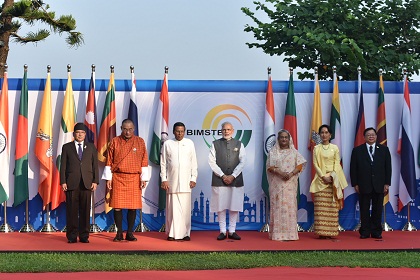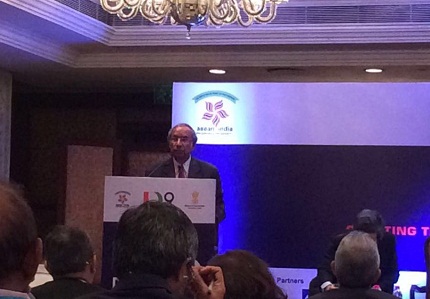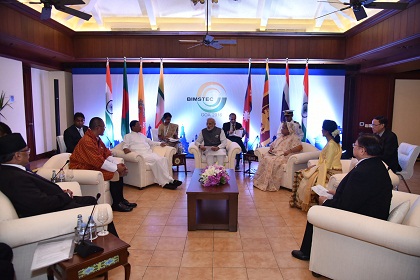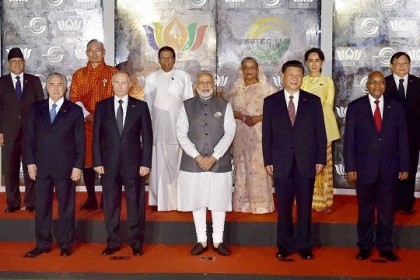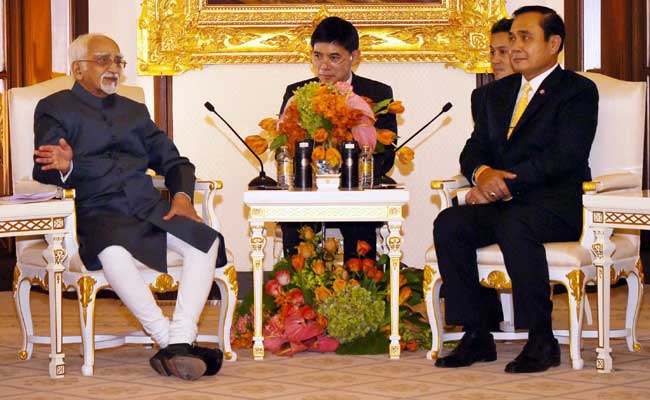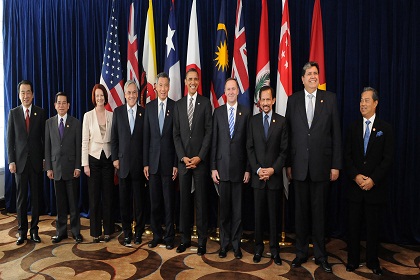Building consensus for BIMSTEC
This regional grouping has to deliver on promises in collaboration with governments and corporate India so that neglected issues – from the Rohingya crisis to the scheduling of the next summit, and arriving at an agreement on the Free Trade Area – enter the national discourse

